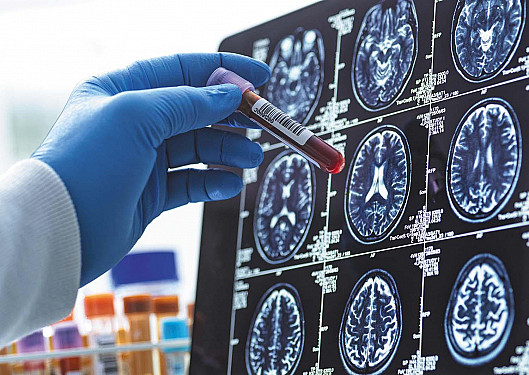Several risk factors in midlife may lead to dementia
In the journals
- Reviewed by Howard E. LeWine, MD, Chief Medical Editor, Harvard Health Publishing; Editorial Advisory Board Member, Harvard Health Publishing

Past studies have provided limited evidence about how certain health conditions early and later in life may increase the risk for dementia. A study published in the July 2025 issue of JAMA Neurology may offer some insight.
Researchers tracked the health data of more than 12,000 individuals over 33 years, including factors like alcohol intake, weight, cholesterol levels, physical activity, high blood pressure, blood sugar levels, and smoking. They then identified which participants were diagnosed with dementia by age 80, and compared their information against those who did not develop dementia.
The researchers discovered that high blood pressure, diabetes, and smoking had the greatest association with the likelihood of a dementia diagnosis. About 22% of people who developed dementia had at least one of these three risk factors when they were 45 to 64 years old, and 44% had at least one when they were 65 to 74. High blood pressure, diabetes, and smoking can damage blood vessels and reduce blood flow to the brain, which can impair brain cells and lead to cognitive decline. The researchers suggested that managing these health issues, even into late life, could substantially reduce people’s dementia risk.
Image: © Catherine Delahaye /Getty Images
About the Author

Matthew Solan, Former Executive Editor, Harvard Men's Health Watch
About the Reviewer

Howard E. LeWine, MD, Chief Medical Editor, Harvard Health Publishing; Editorial Advisory Board Member, Harvard Health Publishing
Disclaimer:
As a service to our readers, Harvard Health Publishing provides access to our library of archived content. Please note the date of last review or update on all articles.
No content on this site, regardless of date, should ever be used as a substitute for direct medical advice from your doctor or other qualified clinician.
















